The Meditation of Paranoid Mountain Walker Naoki
❑ "Suffix":
Following "Be Your First Reader", another topic of interest to the editor-in-chief: "Desire to die at the hands of nature" is also an impromptu topic that does not surprise me. In my opinion, human beings are completely "excessive filth" to nature. That's right, the editor-in-chief hopes that this topic will be a patient-like, confessional, extreme tone.
Citizen @Naoki's Wandering Song For this topic, the article submitted is " Go to the place where you feel alive ", he seems to have comprehended and said: "...I gradually understand that if life is far away Death is too far..."
What if you are too far from death?
"...It's a fluke to live, and it's a fluke to die..."
Discovering that life is impermanent and cannot be forced, so what? With the air of paranoia, I look forward to the dialogue with Naoki.
❑Foreword
In the related article "Promised Land ┃ Thailand‧Chiang Mai" , Naoki mentioned one of the reasons for deciding to climb the Everest Base Camp:
"I came across a documentary about the band Cosmos climbing the Himalayas on the Internet . They came to the Himalayas in order to shoot a commemorative MV when they formed the army for ten years. For them who are not mountaineering professionals, it is very difficult to accomplish this feat. , I was very moved by the whole process. After watching the documentary, I saw slogans on the wall from time to time in the inn, as if a voice was calling me.”
"Go where you feel alive."
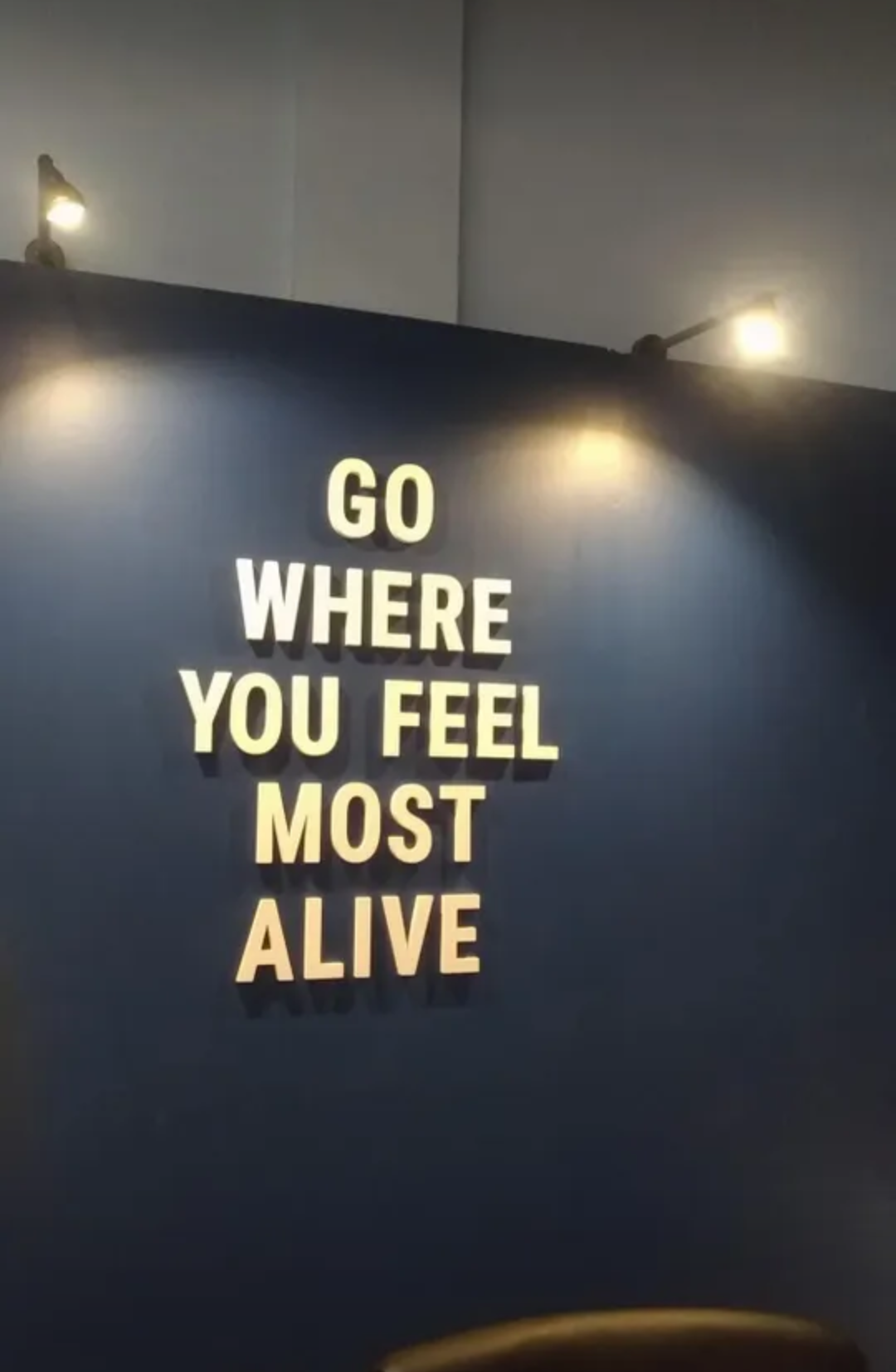
You mentioned that you have never climbed the Baiyue Mountains in Taiwan, you seem to be a layman, are you pretending to be humble? So what did you do to "not die"? Since you're going somewhere dangerous?
It’s not wrong to be a layman when it comes to mountain climbing, but I was afraid that I might die like this, so I did a lot of homework (laughs).
But because the Everest base camp needs special attention in addition to altitude sickness , the route itself is actually not that dangerous, but because I went in winter, and I didn't ask for a guide or porter, it was relatively dangerous. In terms of preparation, in addition to buying mountaineering supplies locally, I have repeatedly watched the documentary of the Cosmos, as well as all the experience sharing articles I can find on the Internet, as well as the experience sharing of people who have been there on the trip.
Finally, judging your physical fitness and preparation, you should be able to go alone.
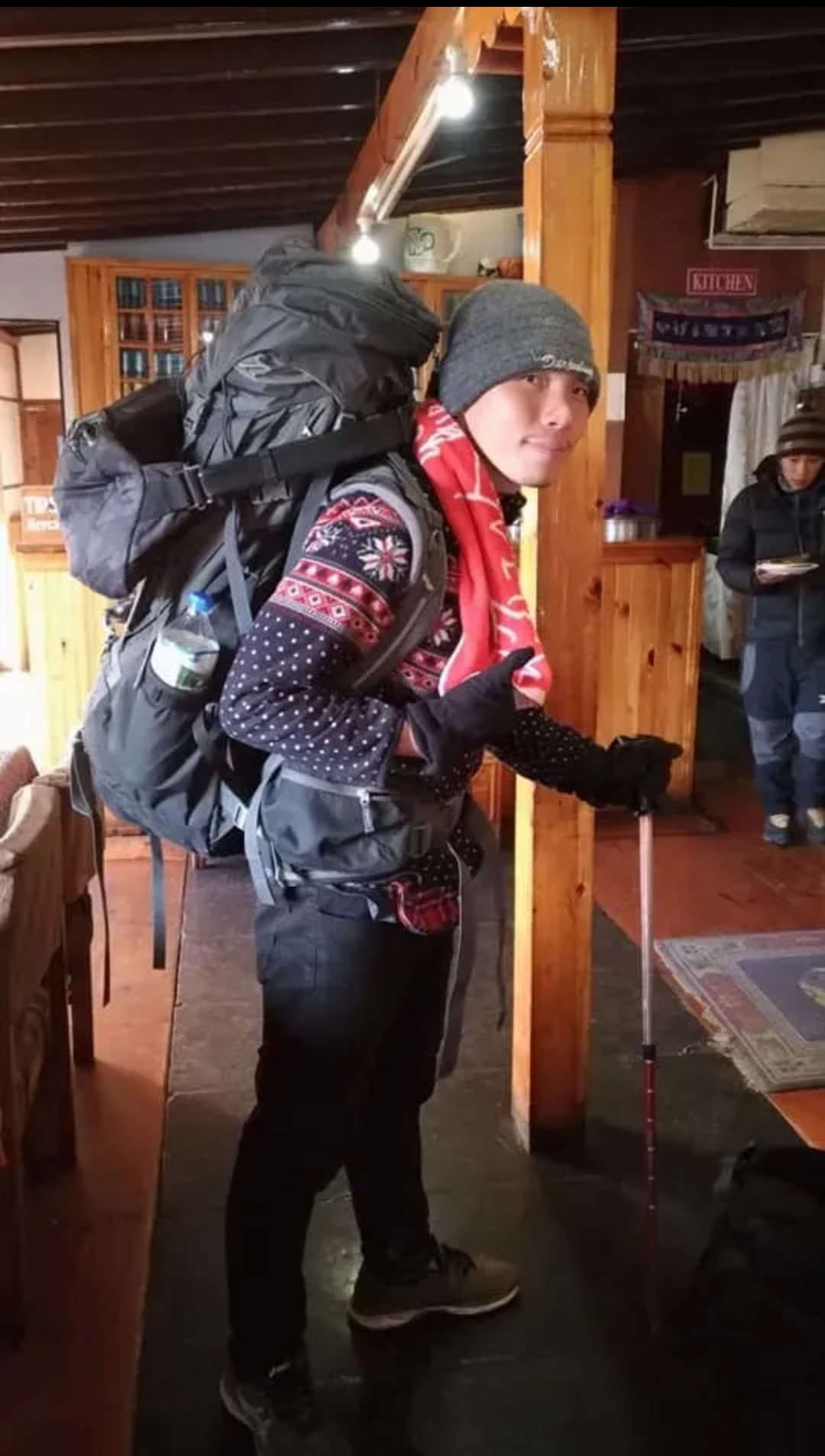
Editor-in-chief added: Although he humbly calls himself a layman, Naoki travels hard for a long time, and often participates in marathons, which has exercised his physical and mental perseverance. At the same time, he is also a traveler who considers Zhou Yan. For example, he mentioned in "What Really Matters | Nepal": "At the last minute, I decided to spend 2,820 Taiwan dollars on the Internet to buy 15-day insurance from Nomads in Australia. Rather than being afraid of death, I was more afraid of a severe attack of altitude sickness, so I had to take a helicopter down the mountain. The original 2,820 Taiwan dollars could handle things. It’s going to cost $10,000 to fix it.”

You mentioned in the article: "After more than two months of physical and mental preparation, and 8 days of climbing, in the early morning of minus 22 degrees, I went straight to Kala Patthar with an altitude of 5545m, giving a panoramic view of Mount Everest. While boiling hot tea, As the sun rises, I suddenly feel that life is indeed worth living. I finally understand the loneliness and contentment in the hearts of those mountain walkers who keep going to high places. ” I want to know how you get from “feeling alive What about people who are "empty" into "life is worth living"?
We all live in a mental prison.
Thousands of thoughts come and go every day, and those thoughts may affect every nerve and emotion in us. Feeling empty and full, sad or joyful is a process. How and when thoughts and emotions come, we have to get to that moment to understand.
Although my mind is now more stable than ever, I am not sure what will happen in the future. Like when a loved one leaves? You may feel that those things can be imagined, but often when they really come, the mood may not be fully acceptable. At that time, I just felt the joy of successfully completing the goal that took me a long time to prepare for after completing the climb. And the moment I feel the reward, I really feel that life is beautiful.
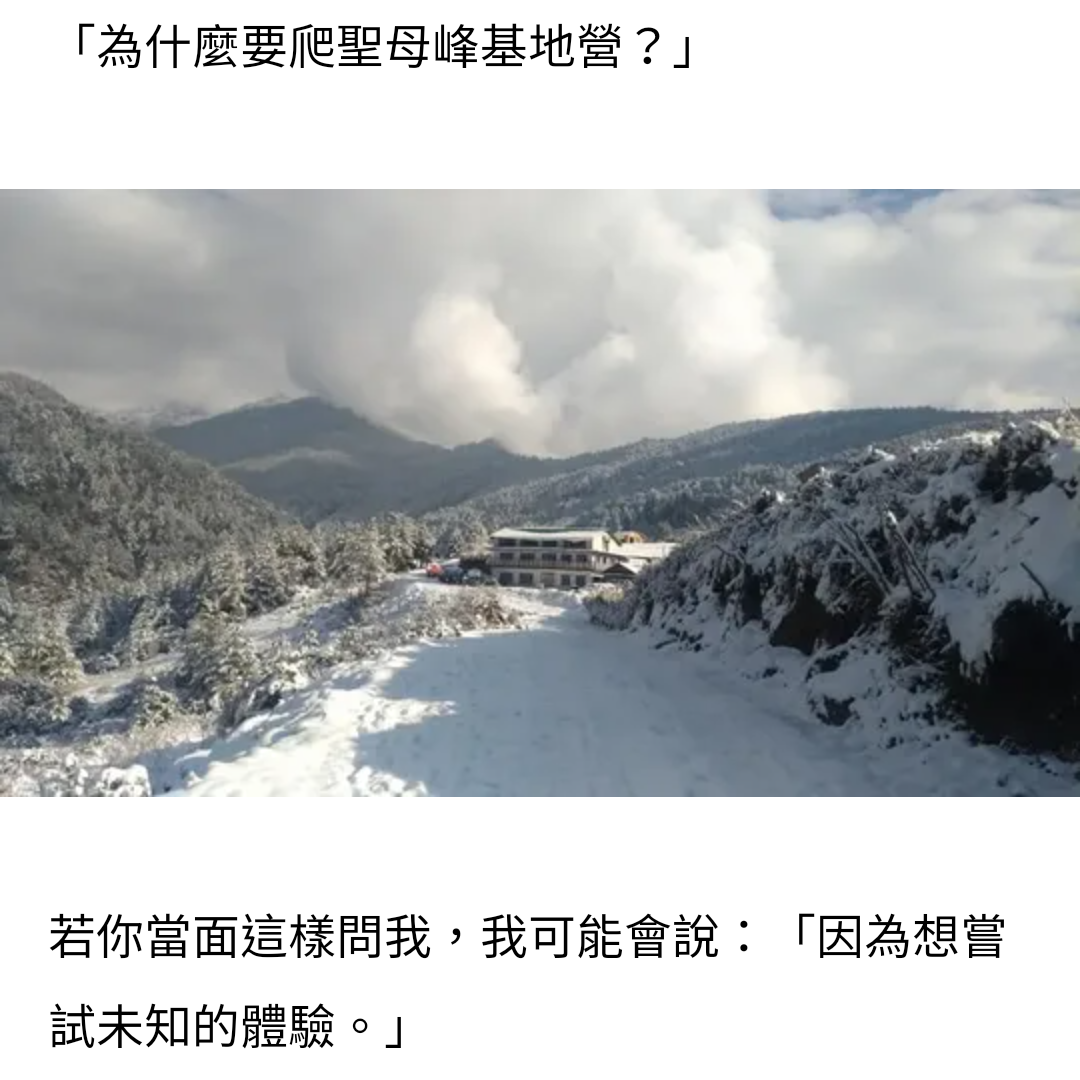
Feeling the rewards means "getting the hard work done"?
Not quite.
I just watched the Japanese drama "Comedy Opening" recently, and the heroine talked about it in the fifth episode: " There are some rewards for hard work, which come later ." Too often we take cause and effect into a short-sighted view, resulting in a flat vision of rewards. The rewards may not come when you want them, or in the way you thought they would.
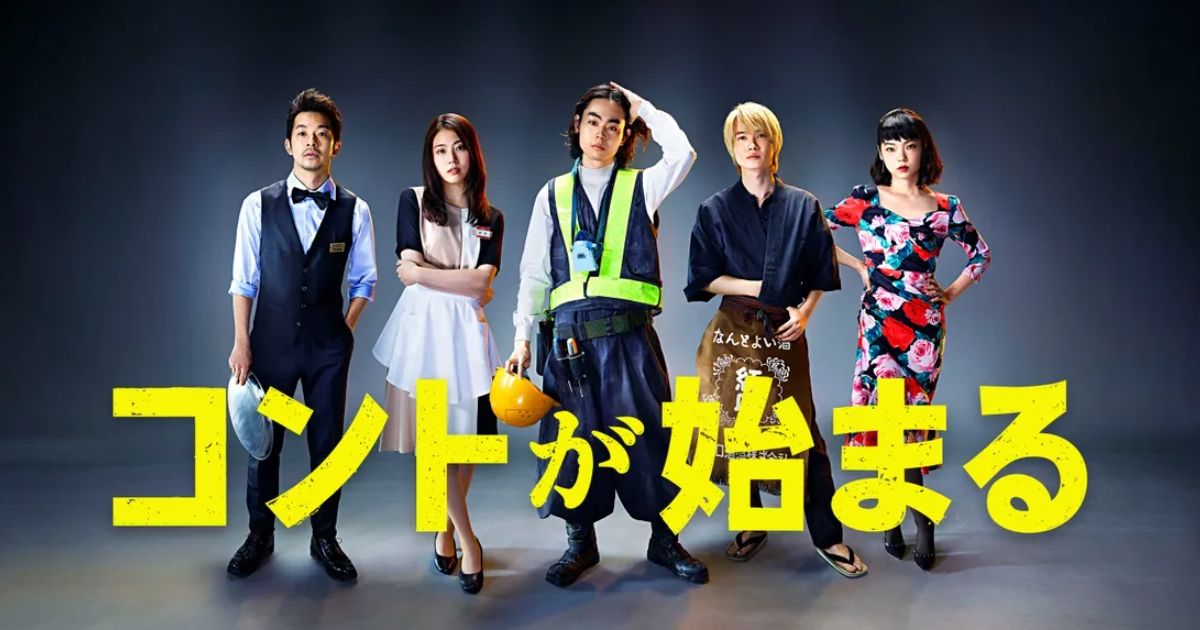
Everything we are living at the moment, the success or failure of investing our hearts and minds, comes from the efforts or luck of other time and space. But many aspects of us are not aware or aware of their existence at the moment, but they are optimistic or pessimistic on their own, and then affect our original choices. Isn’t this strange? After I learned to think in this way, I began to see the smoothness and hardships in my life a little more indifferently.
You mentioned in your article: "For a certain part, I feel that it's okay to die, because life itself has become too boring and too numb. I ran away resolutely. At that time, I was the only one who knew how to escape the emptiness of life. way. ” So what is your ideal lifestyle? What kind of life do you think will not feel empty?
"The most ideal situation to live a life is to be able to come and go freely on the land like the Norse elf, but never leave a trace on the grass. " ( Notes on Seclusion on Lake Baikal, p. 41)

Once, I thought that traveling all the time was the ideal way of life. Until the outbreak, I was in a state of anxiety and gloom. It is only through meditation that I begin to understand that the world I see is the manifestation of my heart. I began to aspire to be, whether rich or poor, be able to be in the company of things that keep me from losing my mind. Among them, the most important thing to me is writing and playing and singing. Only these two things, I hope I can keep my breath away.
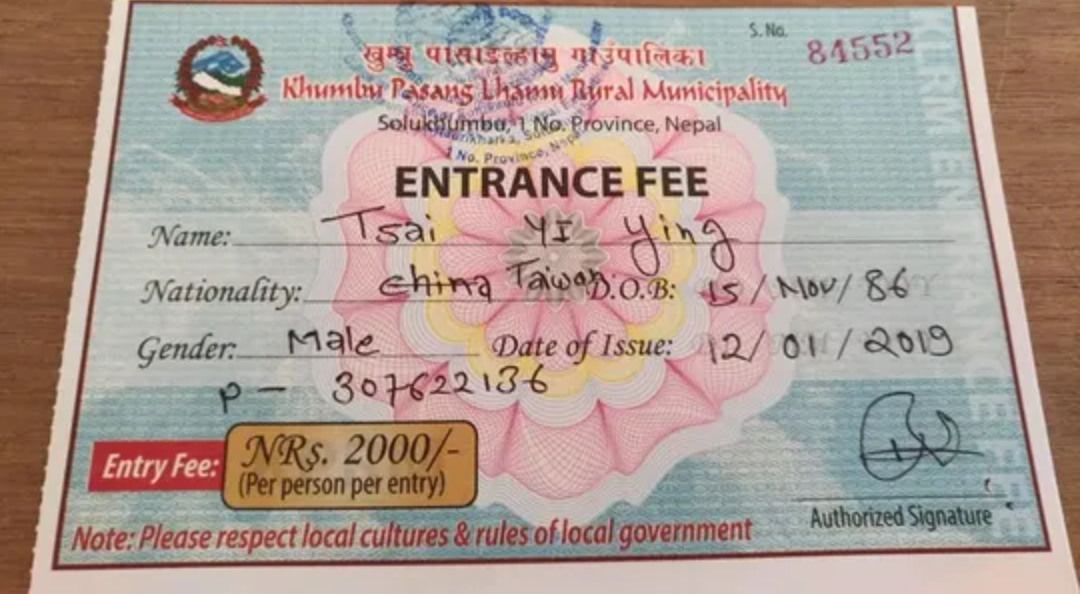
Caption: A total of 2 tickets must be purchased to enter the Himalayas. One is the TIMS (Trekkers Information Management System) Card. At the end of the village in Lukla, you will be called by the management staff and the price will be 2,000 JPY (555 Taiwan dollars). The other is an admission permit for Sagarmatha national park, which is required when you arrive at Monjo the next day, and costs 3,000 yen (830 Taiwan dollars). (The picture is quoted from "Fakeding's Everest Guide | Nepal")
You said that in an inn in Chiang Mai, Thailand, after watching the documentary, you saw the inn's words: "Go where you feel most alive." (Go to the place where you feel most alive). So I think I should go to the Everest base camp. I wonder why it looks like it is alive when it faces a place where it may be dead.
During the process of climbing and returning to reflect, I gradually understood that every mountain hiker, the legend of survival or death, is what people heard later. The paranoid mountain walker has put life and death on the sidelines in that moment of intense focus on his goals . I don't think it's a desire to return to nature, but a real experience that we and nature are one with nature.
When a small body enters the change of nature, life and death are just a probability that can be changed at will. It is a fluke to live, and a fluke to die, but that's all. It is the comfort of civilization, which makes us gradually forget the original essence of life.
Impermanence has always been there, and today may be the last day of our lives. Only by being aware of this all the time can we live more seriously.
Life is limited, so precious?
It should be said that you should always be vigilant about life and death, and sometimes you will know how to cherish it.
You mentioned that " even if you achieve your goals, you will still face the emptiness of losing your goals, but you have already undergone an unintended qualitative change in the process. It is such a qualitative change that quietly rewrites the tendency of life to go with the flow. Gently move closer to what is unique and valuable in human nature. ” What does the so-called qualitative change mean? Have the courage to live?
Qualitative change means beginning to truly live.
Do not live in the words and expressions of others, do not live in various ideologies and universal values, but live a good life with every word and every action that you have really thought about, as well as the reflection after the action.
Really living means living on the goals set by oneself, without living for others?
Adler once said, "All troubles come from relationships." Because humans are social animals, we instinctively need to connect with others, but we also feel lonely because of this. Knowing these things clearly, and knowing that others are no different from yourself, will it be possible to let go of troubles.
So what advice would you give to those who have worked hard all their lives just to make ends meet?
How each person wants to spend his life is his choice, and he can accept it.
I mean, no one should want to live by looking at other people's faces. Is the problem with values?
Values are often shaped things, but at least you can try to find values that you fully agree with, and you don’t need to think about them. You have to practice them to see how firm you are in that value.
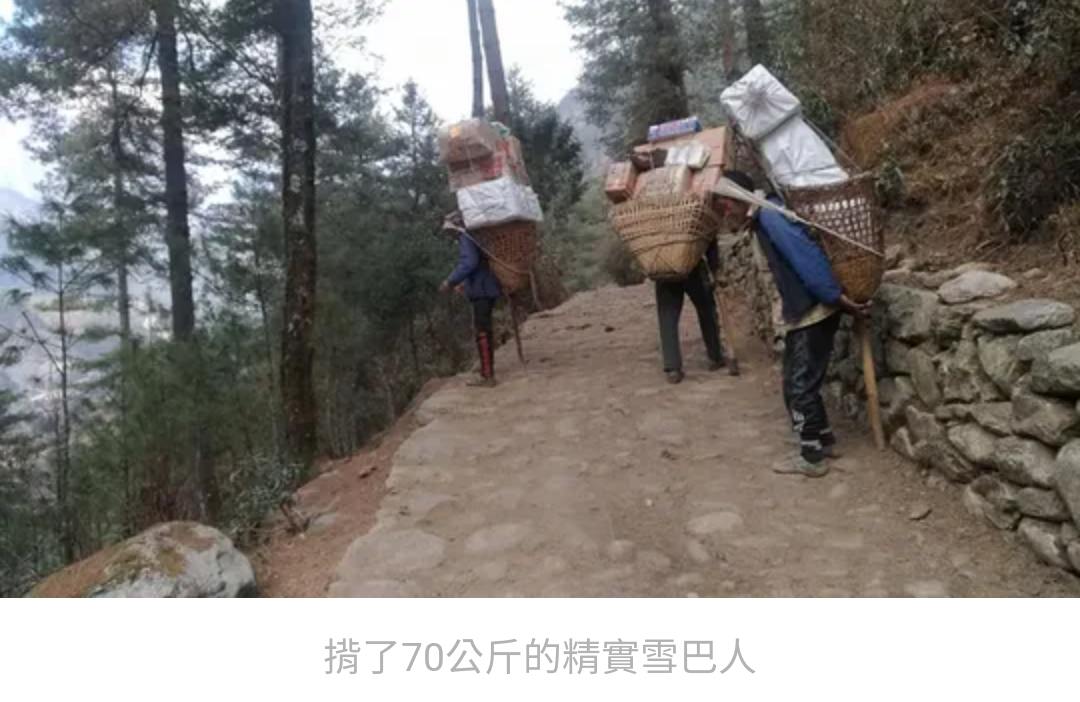
The article mentioned: "Mountain walkers who embrace nature, because they put their whole body into their lives and even risk their lives, may get the worst or the best results, so they can feel the ultimate freedom in that moment."
But in case, I mean in case, if you fall down and lose your life, that's all, what if you become disabled? Where does ultimate freedom come from?
If you become disabled, you will have to start a new life again. Whether I will be able to accept the status quo at that time, I don't know. But now I can slowly realize that all the exercises in life may be when impermanence comes, whether we can prepare for the exam. Ultimate freedom is not inherently good or bad, it just depends on what you bet with. Just because it can also bring the worst results, you still have the right to choose it, it is called the ultimate, right?
But the reason why impermanence is called impermanence is that it will always catch you off guard, right? Would it be a delusion to pass the impermanent exam? An offense or temptation to impermanence?
I understand that impermanence is a state of change in all things. The delusional thoughts that Buddha said should be not to be attached to things that cannot be accomplished, but to learn to let go. As long as you are not paranoid about taking all the hardships on your body and treating them as exams , you should not become the delusions and offenses you mentioned.
Going back to the freedom part you just talked about, what you mean is that even though the results are expected to be bad, it is still a choice to do it because it is worth trying, which is a kind of freedom in itself, and I have the right to choose how I use my own life? On the premise of not harming others, however, even if the result is tragic, you can only accept it and can't blame others?
I think so is right.
It’s a bit like starting a business. You end up closing for various reasons, but starting a business is the path you choose, and it’s no use complaining. But at the same time, since everything is basically up to you, it's usually more willing to fail. That's how I am, so I said that there is nothing I can do to say that I am dead or disabled.
So how much do you want to die at the hands of nature? How to die?
I think death is always there. It is only when we are in nature that we are more likely to feel its presence. If you have such thoughts, you may just accept the fact that nature can easily take your life at any time, rather than the question of how much you want to die in nature.
Did you know that Taiwanese couples suffered in Nepal in 2017?
One of the girls was a writer. Later, her travel manuscripts were sorted out by the man and other friends, and they co-authored " Everything I Told You About That Mountain ". If I really have to die, I think the ideal way is to be like the author Liu Chenjun. Although I have to be trapped in a cave and wait for death to come, I still have a little energy before I leave, and write something for my relatives, friends and this world. message.
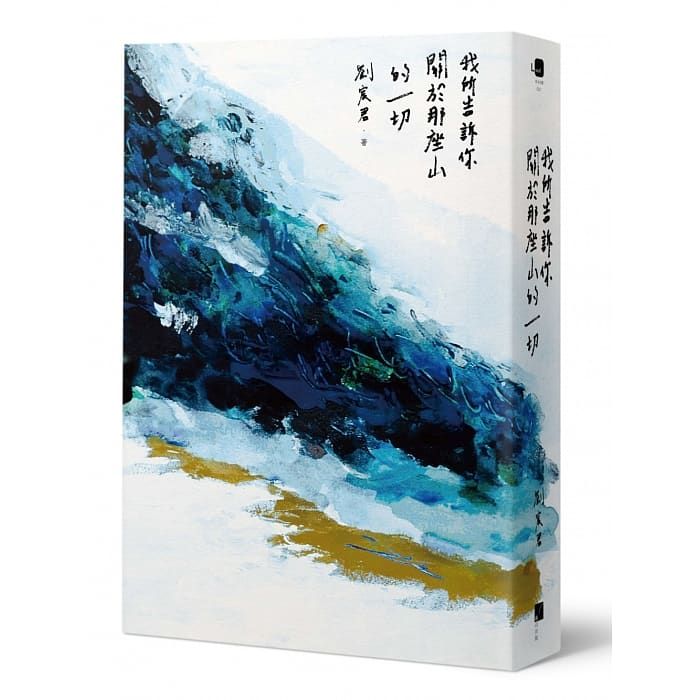
The following is an excerpt from "Ming-Yi Wu: The Quiet Evolution—My Views on the Publishing of Nature-Oriented Literature in Taiwan in Recent Years": Liu Chenjun's "Everything I Told You About That Mountain" by Liu Chenjun, who had a short relationship with me as a teacher and student, can be represented. The 47-day disappearance of Chen Jun and his companion Liang Shengyue on a mountain trail near the southern slope of the Himalayas is a news of international concern. The deceased Chen Jun was a serious writer from the time I knew him, and his reading experience was based on literature. Main, other mountaineering knowledge, natural knowledge supplemented. When he was trapped in the mountainous area, he continued to write manuscripts. The manuscript was edited by Liang Shengyue and his friend Luo Yishan, who also likes to write. The book starts from mountaineering experience and desire, plus the psychological changes in desperate times, through Chen Jun's special temperament. The performance is an irresistible and moving piece. (Every time I mention Chen Jun, it reminds me of Liao Luqing, who died young when he was about to shine.)
Finally want to hear about the importance of writing to you? You can talk about a favorite author or book, or quote some text to express something or an idea that you feel is important.
Writing is like growing up with me, but I haven't seen it for a long time as a childhood playmate.
When I was a child, I liked to borrow novels from the school library. I also tried to read books that were difficult to understand. At that time, I might have understood ignorantly that some of the true meanings of life exist only in words.
Probably because of the seven or eight years difference between his siblings, when he was a child, he felt that children of the same age were boring, and because of his stubborn personality, he rarely had playmates. As I wanted to grow up quickly, I seldom spoke, and instead developed the habit of writing a diary. In the middle school, I went to a private school with higher education, and this habit continued silently, until I entered high school, and it was slowly replaced by other daily activities.
In high school, because he was fascinated by Haruki Murakami's novels, he participated in the literature award and won a masterpiece. I will always remember "Norwegian Wood" and "Apocalypse and Grim Land", these two novels gave me strong feelings. Regarding life and death, "Norwegian Woods" mentions: "Death does not exist as the opposite of life, but as a part of life."

Universities, from the days of no-name sites to the Facebook community, still like to write something. But because I started to be interested in many things in college, I gradually turned the writing habit into a casual interest. Later, when I went out of society, I started to touch books less often. I felt that there were so many books that I would never know where to start, so I simply left the world of books and explored other directions. At that time, most of my company was music.
It was not until I started to travel around the world that I started to write a travel journal because I wanted to record the travel in words.

But because I wanted to make a name for myself too much, after I learned music, I was fed up with utilitarianism for a long time, which made it difficult for me to concentrate on my studies. By returning to the process of writing, I also reconsider my own nature and figure out what really important things in life should be associated with.
As mentioned earlier, if possible, I want to be with words and music for life.

Do you call your behavior "travel" or "wandering" or "runaway"? Why? For you, why has it become a necessity, an indispensable part of life?
I have always been obsessed with the word wandering, and it is also very good to run away, they interpret a state. Life is a journey, and we are all inseparable, only consciously or unconsciously. It is fascinating to meet strangers and then talk to myself, but the part that attracts me the most, I think, is when I travel, I can clearly feel that everything is full of unknowns and randomness. It's a little scary feeling, but it's actually very Exciting.
During your travels, you often perform on the streets, share your passion for music, and raise funds by the way. Now, would you like to sing a song for us?
Welcome to my fan club , fans share the videos I play and sing on the street, many photos and records of my past travels, as well as my podcast interviews in the travel hot shop, where you can hear my original songs.

Come and listen to Naoki sing (smooth and fresh voice)
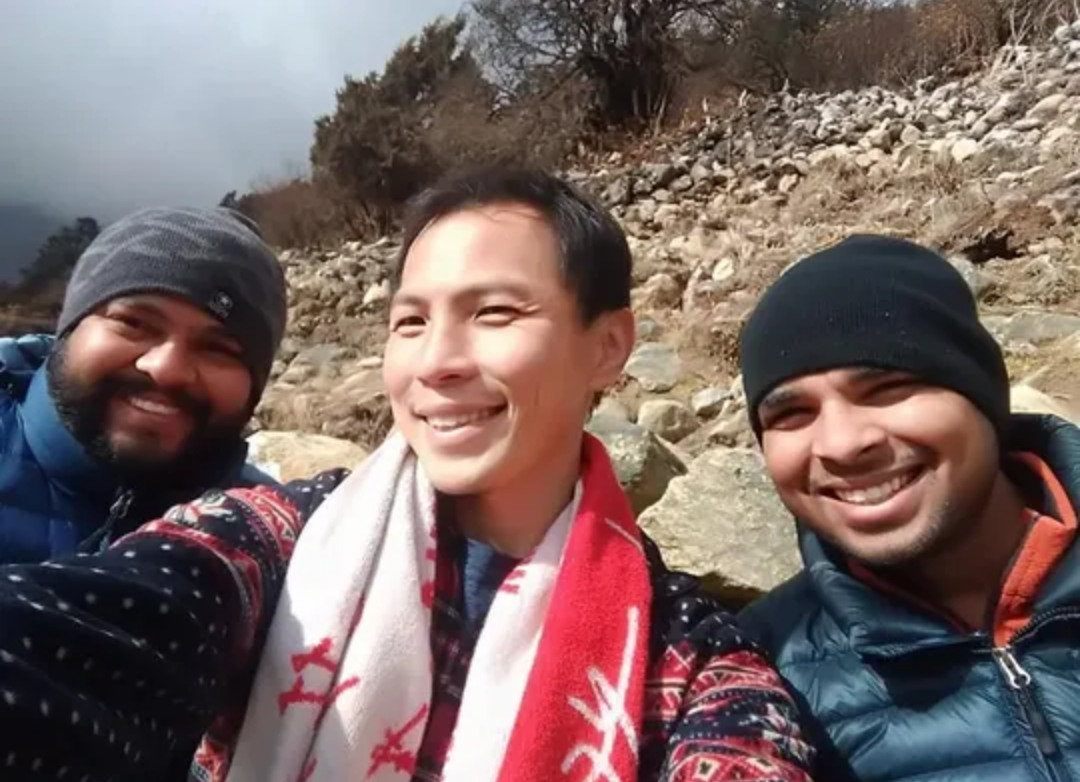
Naoki's self-introduction: A Japanese translator who loves music and travel. Before the epidemic, there were street performers all over the world, The footprints have traveled to 30 countries in Europe, Asia and Australia. Music is his way of communicating with the world, Traveling is his method of concrete practice.
❑ Editor's postscript
Paranoia about Mountain Walker: Humans are a part of nature and have the desire to integrate into nature. It is normal to want to be close to nature. However, I agree more with what Nietzsche said, people will want to be close to nature, because nature has no prejudice against people. The starting point of wandering can be a very classic reason (sadness, escape, emptiness, loneliness, boredom, pursuit of novelty...), however, for those who are already on the road, wandering is no longer just about going out for a walk , has become a necessity of life. It is obvious that the encounters are just strangers, but there is a familiar deja vu. The travelers are sympathetic to each other and comfort each other. Is it because people from afar are not prejudiced? As for, "Will you get the answer when you climb the top of the mountain?" If you climb it yourself, you won't know! So, let me ask the editor-in-chief, what is your attitude towards climbing Mount Everest? "I want to be a heroic Sherpa!" (Editor-in-Chief Xiao Xiang)
❑Extended reading :
Sherpas behind western climbers
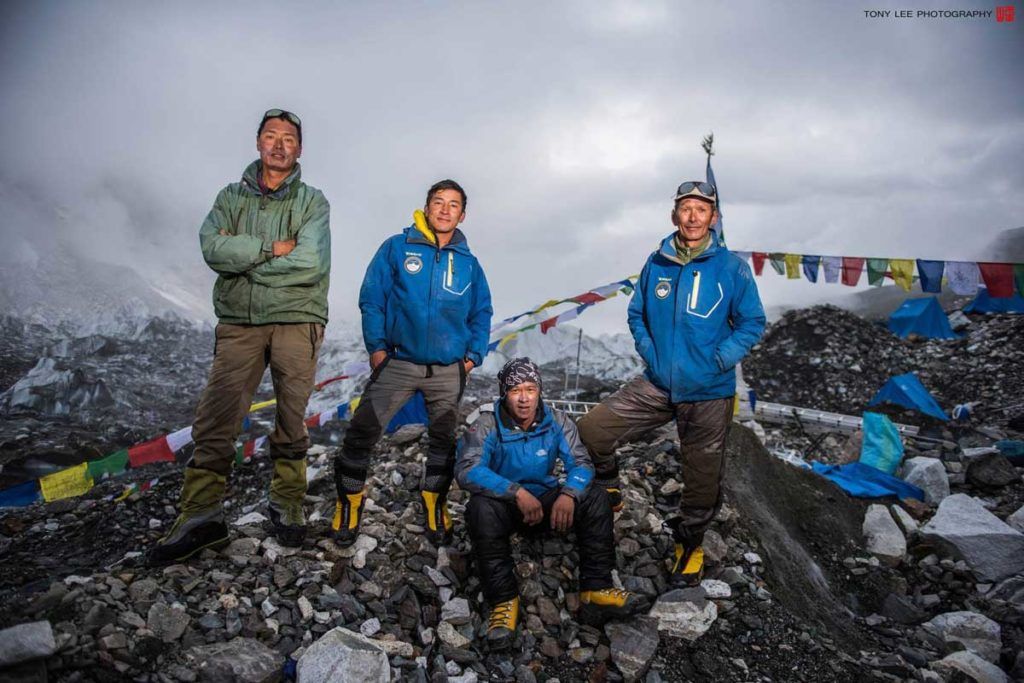
The band Cosmic Man, on the tenth anniversary of the formation of the army, in order to shoot a commemorative MV, a documentary about climbing the Himalayas.
Like my work? Don't forget to support and clap, let me know that you are with me on the road of creation. Keep this enthusiasm together!










- Author
- More